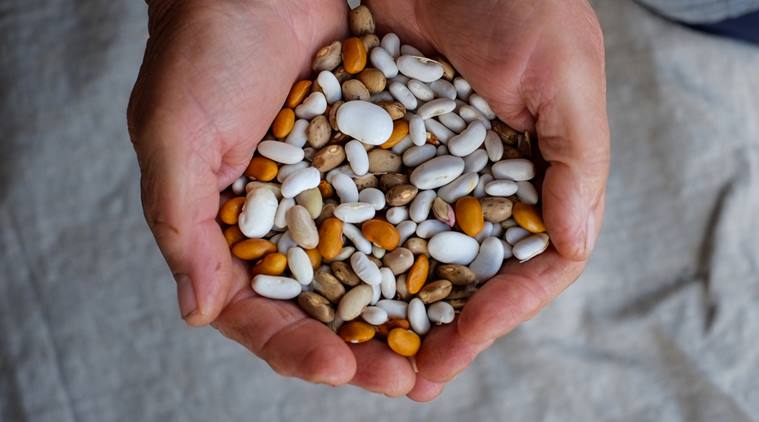
The word lectin comes from the Latin word legere, meaning to pick out or to choose. This is exactly what lectins do — they are a type of proteins that choose and bind carbohydrates to cell membranes and form complexes (glycol-conjugates) on the membranes. These are present in most plants, especially seeds, nuts, cereals, legumes, beans, potatoes, tubers and dairy. They are also present in small amounts in some fruits, vegetables and seafood. Lectins are also present in human body to some extent.
Lectins, not to be confused with the endocrine hormone leptin, play a wide role in health affecting immune function, cell growth, cell death and body fat regulation. Human lectins in our bodies act protectively as part of our immune system. Lectins consumed in food, however, act as chemical messengers that can in fact bind to carbohydrates (sugars) of cells in the gut and the blood cells, initiating an adverse inflammatory response. Lectins may cause gastro-intestinal problems — cramping, bloating, flatulence, hyperacidity, diarrhoea, nausea and vomiting. They have also been implicated in food intolerance, inflammatory and auto-immune conditions such as rheumatoid arthritis. Other common manifestations of lectin-induced damage include skin rashes, joint pains and even increased urinary infections. Many food allergies are actually immune system reactions to lectins.
Interestingly, lectins in food protect seeds from micro-organisms, pests and insects. This is the reason why genetic modification of plants created a fluctuation in lectin content to develop pest resistant varieties. In our bodies, lectins are not digested and we create antibodies against them.
Scientific literature shows that dietary lectins disrupt intestinal flora by reducing natural killer cells, the important defenses against viruses and other invaders, thereby affecting our immune functions. Some lectins can be life threatening. They can cause death by clumping of red blood cells also called agglutination. For example, Ricin, a lectin from castor beans, even in minute amounts can cause massive clotting of red blood cells and death.
Soaking, fermenting, sprouting and cooking helps in reducing lectins and increasing nutrient availability. Sprouting seeds, grains or beans decreases the lectin content. The longer the duration of sprouting, lower is lectin content. It’s no surprise that grandma never cooked beans without thoroughly washing and soaking. Prefer soaked nuts and seeds before consumption as they are easier on digestion.
Fermentation allows beneficial bacteria to digest and degrade some lectins. No wonder traditional foods like idli, dosa, dhokla and yoghurt are easy to digest for most people.
Almost everybody has antibodies to some dietary lectins. Our diet and individual genetic inheritance determines how and to what degree lectins can affect us. It implies that we send the right signals and instructions through the right food to heal your cells.
source:-indianexpress.
